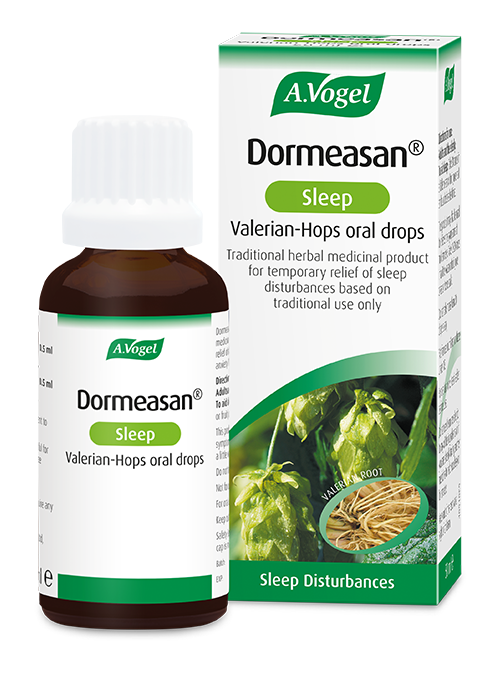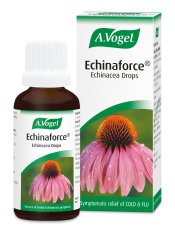The immune system
The immune system is a vital piece of the jigsaw of our human body. It has the role of identifying and removing disease - causing viruses, parasites, bacteria and fungi. At this time of year when the seasons change, the immune system does its best to keep us well and healthy but sometimes it falls short and we end up with a cold or flu. We may feel let down when this happens, but we tend to forget that we need to maintain our end of the bargain so that the immune system can do its job properly.
Our side of the bargain includes:
- Eating things that are rich in vitamins and minerals
- Exercising
- Following good hygiene practices
- Getting enough sleep
Yes, you read that correctly, sleep. Getting adequate sleep is vital in keeping our immune system functioning well.
So sleep is not a luxury, it’s a necessity?
You would be forgiven for thinking sleep is a self-indulgent luxury. In our 'doing' driven world, sleep can slide to the bottom of our priorities list. As deadlines mount, kids demand attention and our social life beckons, sleep can seem like an inconvenience. With all these aspects of life to juggle, there isn't much room for 40 winks, never mind a whole 8 hours! So, can't we just do without it? Or at least cut the hours of 'dead time' we spend asleep?
I hate to burst your very busy, sleep deprived bubble but no, I'm afraid not. Let's get one thing straight; sleep is not 'dead time'. In fact, that couldn't be further from the truth.
OK, so what’s so important that happens while we sleep?
For something that we spend a third of our lives doing, we don't know very much about what happens while we are doing it. While we sleep we go through 4 different cycles or stages. Each of these stages offer a variety of benefits to our overall health and wellbeing.
The most vital stage of sleep for our immune system usually occurs between 1 – 3 am. It's during this time that the immune system has a chance to refuel. Think of your immune system as a fighter jet team. Flying around all day long, on the lookout for threats to your wellbeing. They are so dedicated to the task, they don't even stop for lunch. When you sleep, it's their chance to regroup. It's time for assessing the risks encountered that day. That way they can plan an effective counter attack on any invaders. If they don't get this down-time the counterattack will be sloppy and you are less likely to fend off unwanted bugs.
I like your fighter jet analogy but what exactly happens to your immune system while you sleep?
One way sleep helps the immune system is by encouraging T cell production. T cells become activated when the body identifies an invader. They then go about attacking and destroying anything that shouldn't be there. To do this they need you to have a good night's sleep. If you are sleep deprived T cells stop responding as efficiently which makes it harder to fight off illnesses.
The immune system likes when we complete the full 4 stages of sleep. When we do this our body gets the support it needs to release a protein called cytokine. This protein helps our immune system in two ways:
- Promotes cell to cell communication
- Directs cells to head towards infections and counteract the issue
Kind of like the commander of the fighter jet team, cytokines focus immune cells on how best to attack a pathogen. Without a good night's sleep, you could be losing your commander in chief making it harder for your body to organise a well thought out counterattack against bugs and viruses.
Now I’m worried - I don’t sleep well, what should I do?
I see why you might get a little anxious reading this if you are someone who suffers with sleeplessness. Try to remember, our bodies are pretty amazing and usually work all these things out themselves. but there could be some things you are doing that hamper your sleep.
Your body has an internal clock that responds to the changes in light. During daylight hours melatonin production is low which keeps us alert and awake. When the sun goes down our body produces more melatonin which gives us that sleepy feeling. However, the invention of the lightbulb means we can spend unlimited hours under bright lights which inhibits our production of melatonin and thus our feelings of sleepiness. So, make sure to dim the lights in your house after 7pm. Blue lights are also disruptive to your body clock so make sure to put away blue light devices once you've dimmed the lights.
Two of the best ways to disrupt your sleep are to drink caffeine and alcohol. If you are a caffeine drinker make sure you switch to a decaffeinated option after midday. The reasoning behind this is, if you have a cup of coffee at midday, a quarter of that caffeine is still circulating around your brain at midnight. In simple terms, drinking caffeine after midday is like getting into bed and swigging a quarter cup of coffee before switching off the light.
Alcohol is a sedative drink that many people use as a sleep aid. Alcohol may help you to nod off, but it will disrupt your sleep. You won't remember waking up during the night but your sleep will be broken to the extent that you will wake up feeling groggy and tired the next morning. Try Dormeasan sleep in a bit of water as a way to relax and unwind after a long day.
Our core body temperature needs to drop so that we can fall asleep so the temperature of your bedroom should be cool to allow for this. This is also a good reason why you should wear light, breathable materials to bed.
This temperature point ties in with exercise too. While exercise has proven benefits for sleep quality, it can hinder sleep if done too late in the day because it raises your core body temperature too close to bedtime. If you can't avoid exercising late in the evening, try having a hot bath or shower before bed. The heat from the water will draw blood to your extremities and this causes your core temperature to drop.
My Self-Care Tip: 3 Things to Keep By Your Bed To Help You Sleep
Check out my self-care video for 3 bedside table sleep hacks that always work for me:
If you suffer with sleepless nights, the most important thing to remember is that sleep is a natural bodily process. Your body knows how to sleep without any tips or tricks - it knows but it has forgotten. There are ways to help it remember and some of the tips above can be really useful, but trusting your body that it can do its job is vital.
References:
Dimitrov S et al. Gαs-coupled receptor signalling and sleep regulate integrin activation of human antigen-specific T cells. J Exp Med 2019; 216 (3): 517–526










